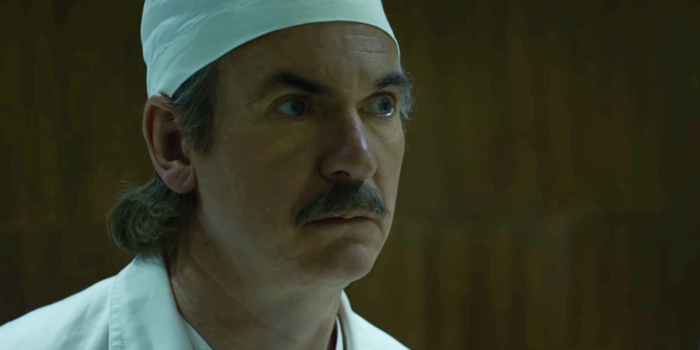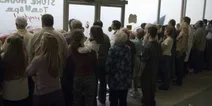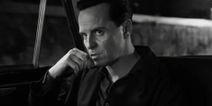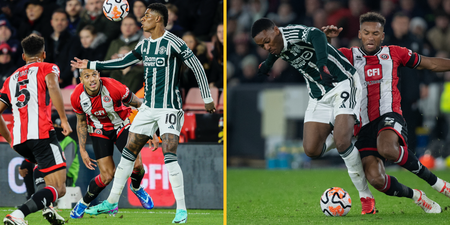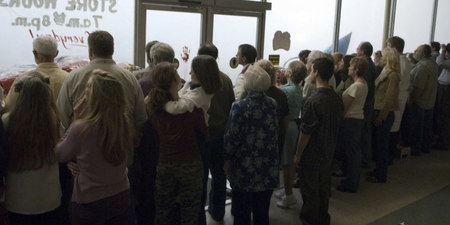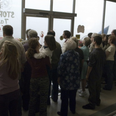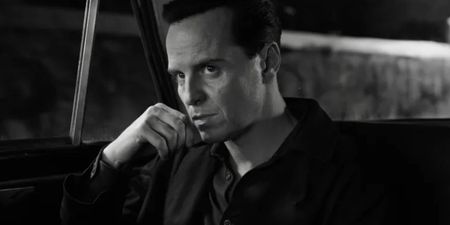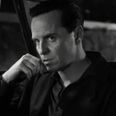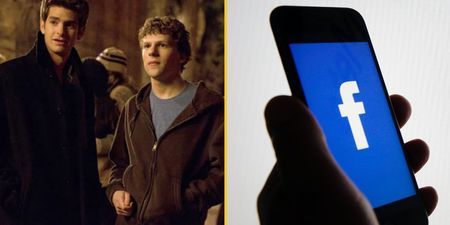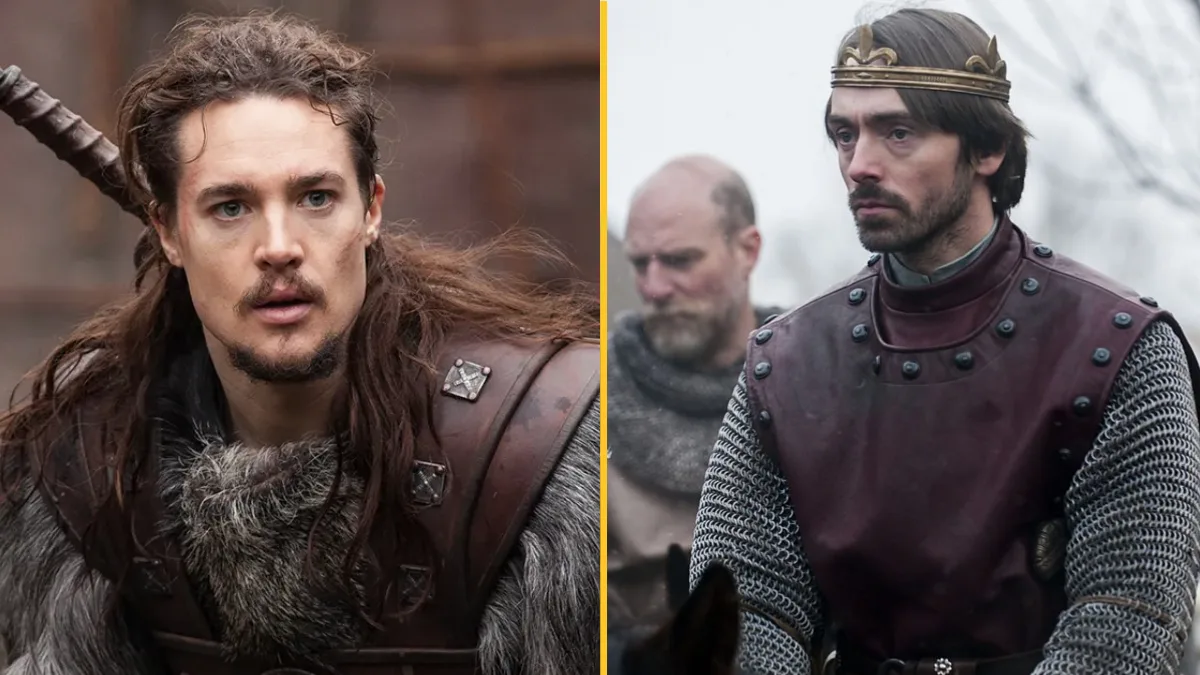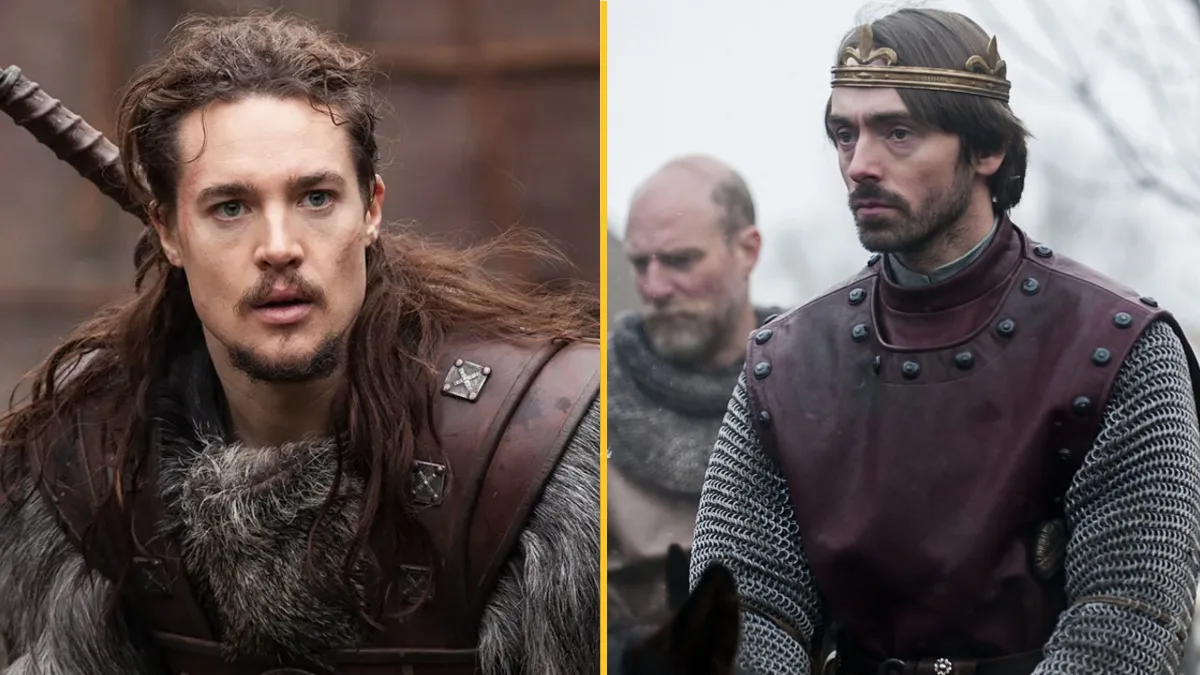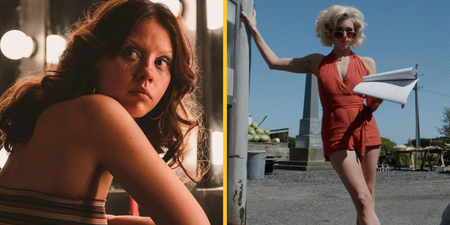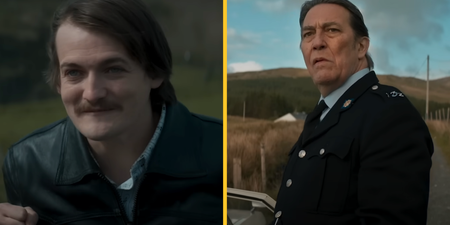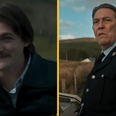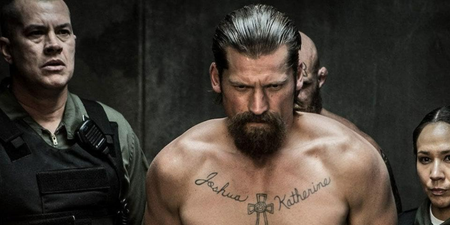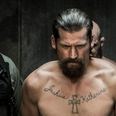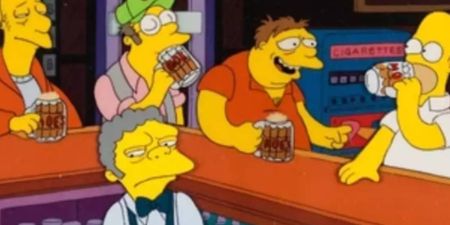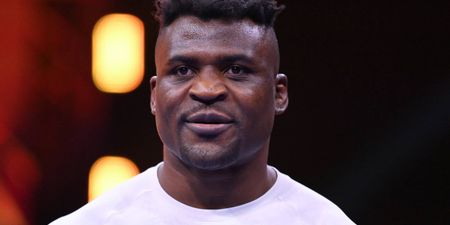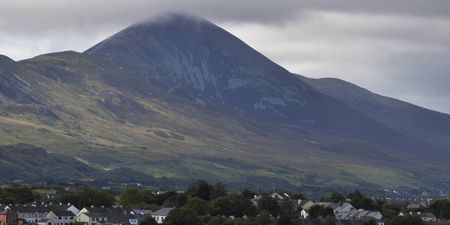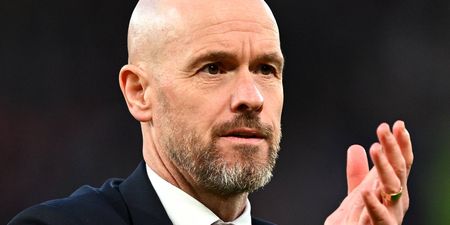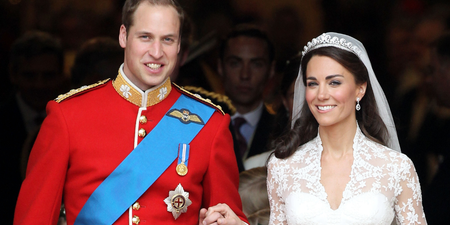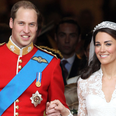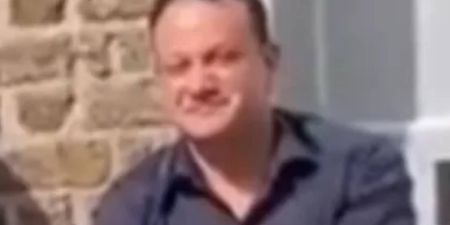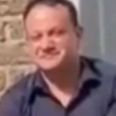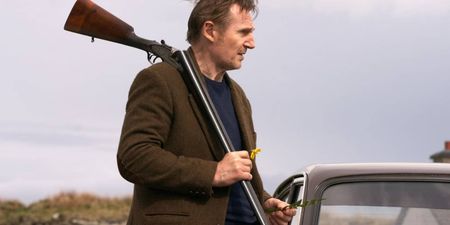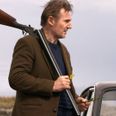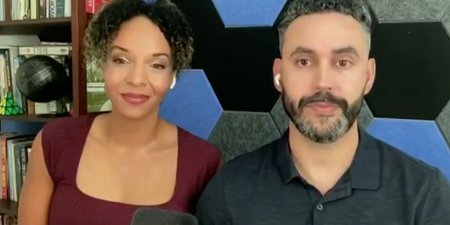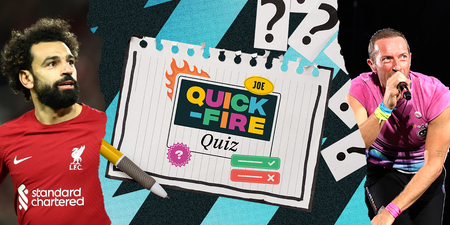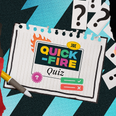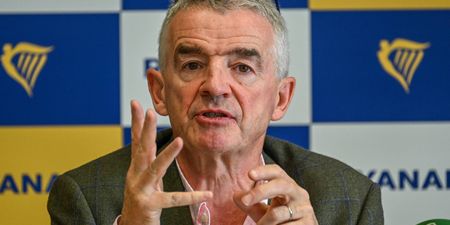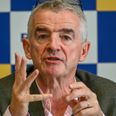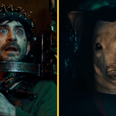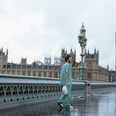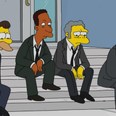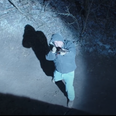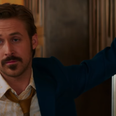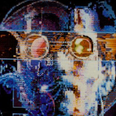A massive talking point in the wonderful finale.
In terms of how the final episode of Chernobyl began, it’s fitting that such a massive and horrific event all started in a room.
Anatoly Dyatlov (deputy chief engineer), Viktor Bryukhanov (plant manager), and Nikolai Fomin (chief engineer) were gathered in that room as they discussed the impending test that would cause one of the most catastrophic disasters that the world has ever seen.
In the opening scene of the first episode, which is set two years after the horrific accident at Chernobyl, Jared Harris’ character, Valery Legasov, warns us that Anatoly Dyatlov, who was the plant’s chief engineer, will be made a scapegoat.
However, the writer/creator of the show, Craig Mazin, rightfully said that Chernobyl was a product of human, technical, and political errors because each moment and decision was a fatal link in the chain of events that led to the reactor exploding on 26 April, 1986.
Throughout the five episodes, the cast and crew have been meticulous in their attention to detail and the truth. However, as with any recreation of a real life historical event, some narrative liberties were taken.
For example, while the Chernobyl trial focused on the main three officials – Dyatlov, Bryuhkanov, and Fomin – there were actually six people on trial in real life.
As the final credits revealed, Dyatlov, Bryuhkanov and Fomin were all sentenced to several years of hard labour for their criminal misconduct and for their roles in the Chernobyl nuclear disaster.
However, it’s arguable that Dyatlov was the main character focussed on in the TV show because he was in the control room when reactor 4 exploded.
During this test, the show portrayed him as a bully because he forced/insulted/coerced/threatened his colleagues to perform the fatal trial.
Everyone in the control room knew that conditions weren’t safe and yet, Dyatlov was reckless and persisted.
For the purpose of clarity, here’s what the show’s creator, Craig Mazin, had to say about how he viewed Dyatlov’s motivations in the show.
Speaking on the show’s official podcast, Mazin said that “he was a real bully” and that his recklessness came from his persona, which was a “difficult, demanding man for whom nothing was ever good enough”.
“The question of why (he continued with the tests) is something that we have to guess, Mazin said.
“He made lengthy statements afterwards which I find to be not credible. He’s still saying ‘No, this wasn’t anything I did’. He chose to focus on the reactor’s flaw without acknowledging that the flaw does not manifest itself unless you (Dyatlov) drive this nuclear reactor in the most bizarre and insane way.
“I think that in his mind, he’s being reckless because he wants to file a completed test report and at this stage, he knows that the test is nonsense. He just wants to say he did it so it can be signed off and done.
“The last thing Dyatlov thought – I think – is that there would not be an explosion and he thought ‘If I can just get this done in a way that I can present as a result that’s real, I’ll have gotten away with this’. It’s reckless, stupid, and arrogant, but I don’t think at any point that he felt it was dangerous. There’s a certain cowboy mentality.”
Despite this statement, in another interview with Slate, Mazin said that it’s impossible to simply label Dyatlov as a “villain”.
“There is this temptation to try and get a quick, simple, clear answer to why this thing happened, and people love a villain,” Mazin said.
“They want to say, ‘You know what happened here? That guy did this thing,’ and ‘How dare he,’ and ‘Nobody be like that guy’. It’s a lot more difficult to approach it from the standpoint of how these things actually happen, which is a collection of people and a collection of institutions over a long amount of time working in concert in an inefficient or inaccurate or cowardly way.
“And the result, one day, is an explosion. Chernobyl happened in April of 1986. A few months earlier, in January 1986, the Challenger space shuttle exploded. It did not have the impact on the environment and the amount of lives that Chernobyl did, but it was the result of the same exact problem: a failure of a lot of people and institutions over a long period of time.
“That is something that we have to wrap our minds around. When these things happen, we cannot immediately ask this simple question, ‘Well, who is to blame?’ We should presume that there’s a lot to blame, and the real question is ‘What do we do so this doesn’t happen again?’ That’s the question worth asking.”
During the behind-the-scenes interview, Mazin said: “Dyatlov made decisions that no rational person ever should have made. He made crazy choices and in the trial, Dyatlov does say the following thing: ‘I will not say that I am guilty, but I cannot say that I’m not.’ I thought that was a remarkable expression of – at least the potential – of guilt. In its own way, the statement was very Soviet, to have it both ways.”
Stellan Skarsgård, who plays Boris Shcherbina, the Council of Ministers’ deputy chairman, also reaffirmed the main point that the TV show was making throughout the six episodes, that, while people like Dyatlov made catastrophic mistakes and they are guilty, that the system is also at fault.
Clip via HBO
In real life, Dyatlov received a near-fatal dose of radiation and lived the rest of his life with medical complications because of it.
Despite not being allowed to appeal his prison sentence, he was granted amnesty by the Russian government around the time the Soviet Union dissolved.
Even though he was released from prison early, he died in 1995 due to heart failure.
He maintained his innocence, to an extent, all the way to his death and felt that the blame for Chernobyl can not be placed on one person, but instead should be placed on the scientific and political institutions of Russia.
LISTEN: You Must Be Jokin’ with Aideen McQueen – Faith healers, Coolock craic and Gigging as Gaeilge
